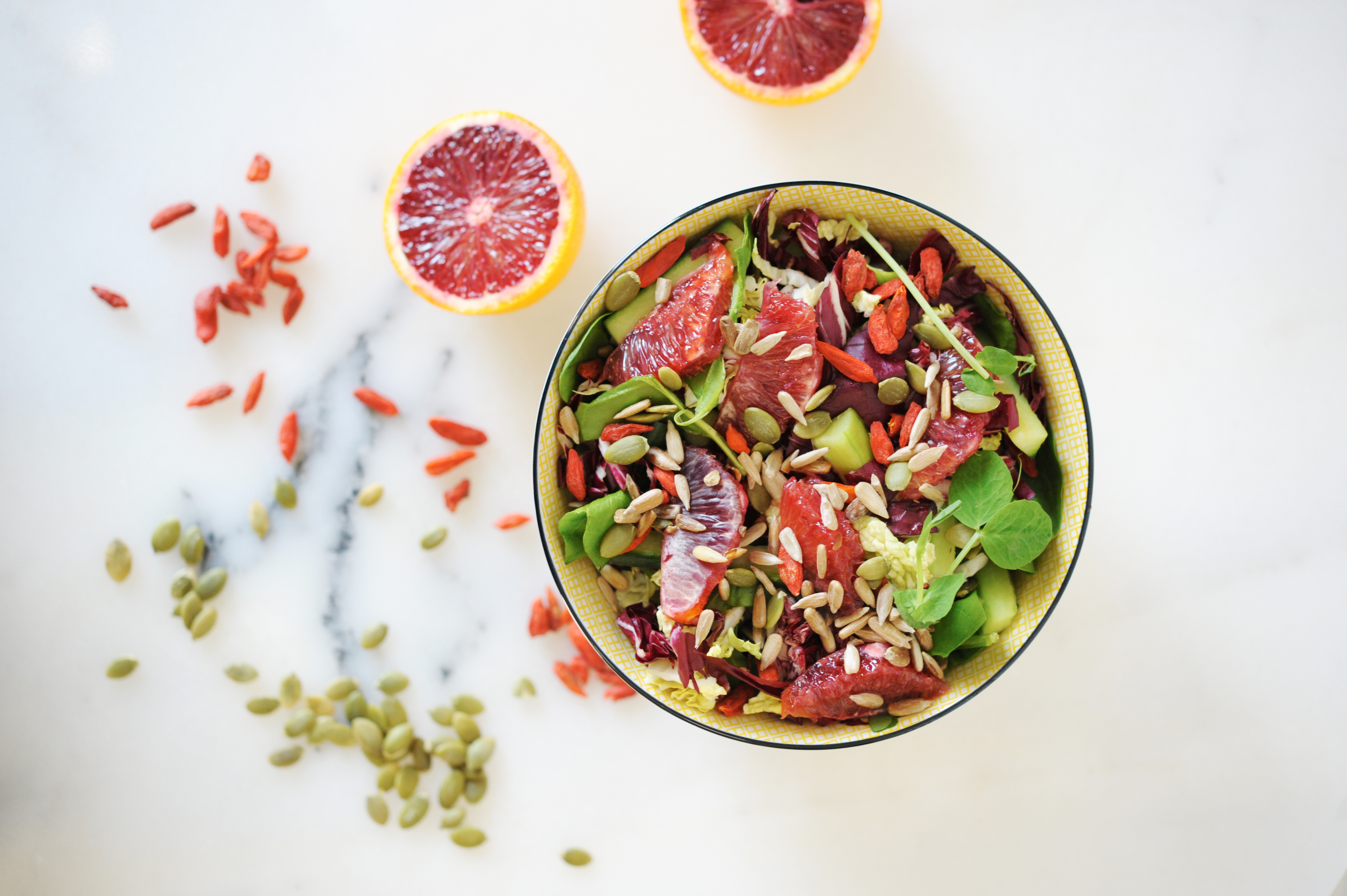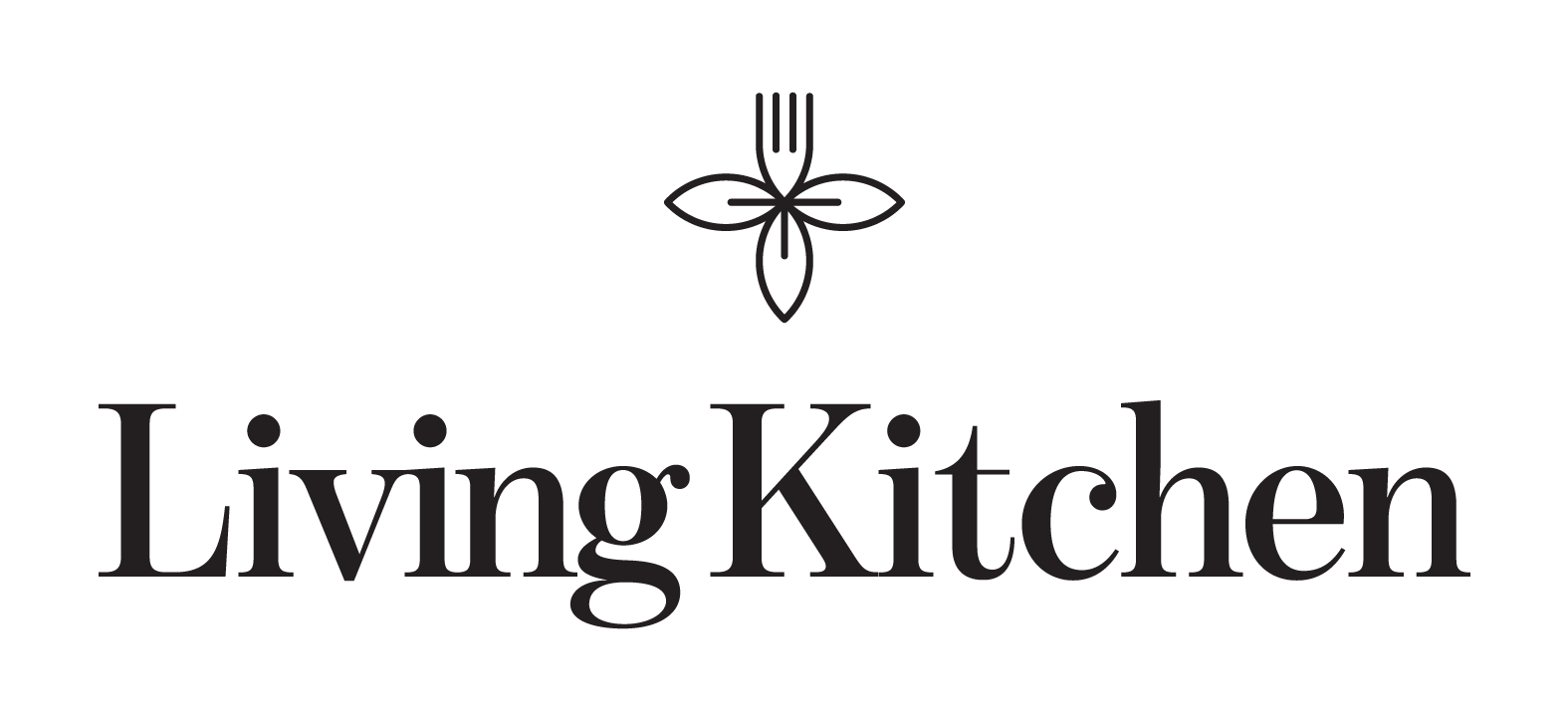
As beautiful as winter can be, we are ready for it to really be spring and summer! The extra hours of sunlight that we’ve been experiencing and the sporadic warm days have been such a tease to the long summer days that are soon to come. With the dark, cold days behind us and the bright (maybe warm? Who really knows with Canada…. ) ahead of us, we thought what better way to get through these last few weeks of the “winter blues” than by sharing with you some mood boosting foods that can help increase serotonin levels.
Serotonin
First things first, serotonin is a neurotransmitter that triggers nerve impulses. It is found mainly in our gastrointestinal tract but is used in the brain. Serotonin affects multiple functions in our body, such as mood, digestion, sleep, appetite and memory. Having low levels of serotonin has been linked to mental disorders such as depression. There are a few ways that someone could increase their levels of serotonin naturally, including: artificial light sources (known as sun lamps), exercise or diet.
Tryptophan
In order to boost serotonin through diet, protein rich food need to be incorporated. Tryptophan, an amino acid that’s found in the protein, is a precursor to serotonin. This means that without this nutrient, the effects of serotonin wouldn’t happen in the body. For the average person, the daily recommended amount is roughly 280mg. There are many food options that are high in tryptophan. Consuming 1 cup of pumpkin seeds, soybeans, meat, seafood and oats will all meet the recommended daily intake of tryptophan.
Vitamin B6
Tryptophan is not the only nutrient that will boost serotonin levels. Studies have shown that vitamin B6 (pyridoxine) and long-chain omega 3s have a similar effect on our bodies, as tryptophan does. B6 is one of the 8 B vitamins, all of which are responsible for converting food into energy. B vitamins are also responsible for keeping the nervous system functioning accordingly. Vitamin B6, specifically, is the B vitamin that is responsible for the production of serotonin. The recommended amount to consume for the average adult is 1.3mg. Foods such as tuna, salmon and liver are all great sources of B6 for omnivores. For those who are vegetarians or vegan, chickpeas are your great food source of vitamin B6 and you can find some in sweet potato, potatoes, and sunflower seeds.
Omega 3’s
Now omega 3’s, the nutrient that is mostly associated with fatty fish (salmon), has been shown to fight against mood disorders, such as depression and anxiety. In studies, omega 3’s were found to be highly concentrated in the brain, which accounts for playing a critical roll in cognitive and behavioural functions. Fatty fish are not the only food sources that are rich in omega 3’s; in fact there are vegan sources of it as well. ¼ cup of walnuts or 1 tbsp of ground flax seeds will provide an individual with almost double the recommended amount ofALA, one of the 3 types of omega 3’s(ALA daily recommended intake is 1.6g for males and 1.1g for females!).
One More Tip
Choose colourful, bright foods! Although it may seem like something small, food that looks vibrant and is fresh is more likely to make you feel lively and happier than drab looking food. Just look at the photo at the top of this post and you can see how happy bright food appears.
While there are many factors that influence our moods, we know the mood boosting foods can play an important role in making a difference. Focus on integrating some of the best foods to increase mood: tryptophan rich foods, vitamin B6 as well as omega 3 rich foods to support better mood and mental health.
Let us know if you have any questions! We love hearing from our readers.
written by Jessica Tilley
Sources:
Food Sources of Omega-3 Fats. (n.d.). Retrieved March 28, 2017, from http://www.dietitians.ca/Your-Health/Nutrition-A-Z/Fat/Food-Sources-of-Omega-3-Fats.aspx
Ehrlich, S. D. (2015, May 08). Vitamin B6 (Pyridoxine). Retrieved March, 2017, from http://umm.edu/health/medical/altmed/supplement/vitamin-b6-pyridoxine
Gregor, M., MD. (n.d.). How To Boost Serotonin Naturally. Retrieved March, 2017, from http://nutritionfacts.org/2012/11/15/boost-serotonin-naturally/
Medical Definition of Serotonin. (n.d.). Retrieved March, 2017, from http://www.medicinenet.com/script/main/art.asp?articlekey=5468
Stahl, L. A., Begg, D. P., Weisinger, R. S., & Sinclair, A. J. (2008, January). The role of omega-3 fatty acids in mood disorders. Retrieved March, 2017, from https://www.ncbi.nlm.nih.gov/pubmed/18183532
Whitbread, D. (2016, November 24). Top 10 Foods Highest in Tryptophan. Retrieved March 16, 2017, from https://www.healthaliciousness.com/articles/high-tryptophan-foods.php
Young, S. N. (2007, November). How to increase serotonin in the human brain without drugs. Retrieved March, 2017, from https://www.ncbi.nlm.nih.gov/pmc/articles/PMC2077351/



No Comments